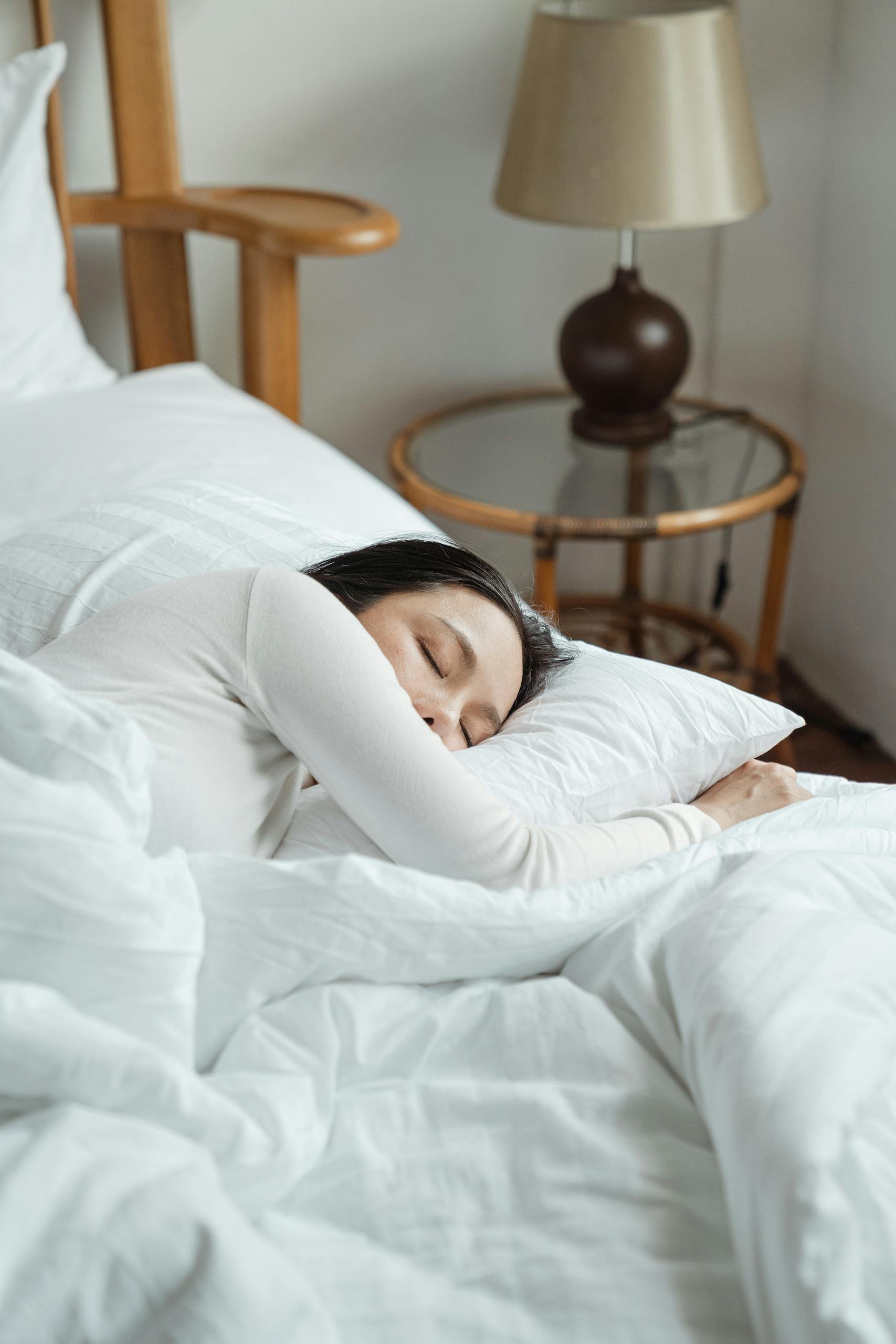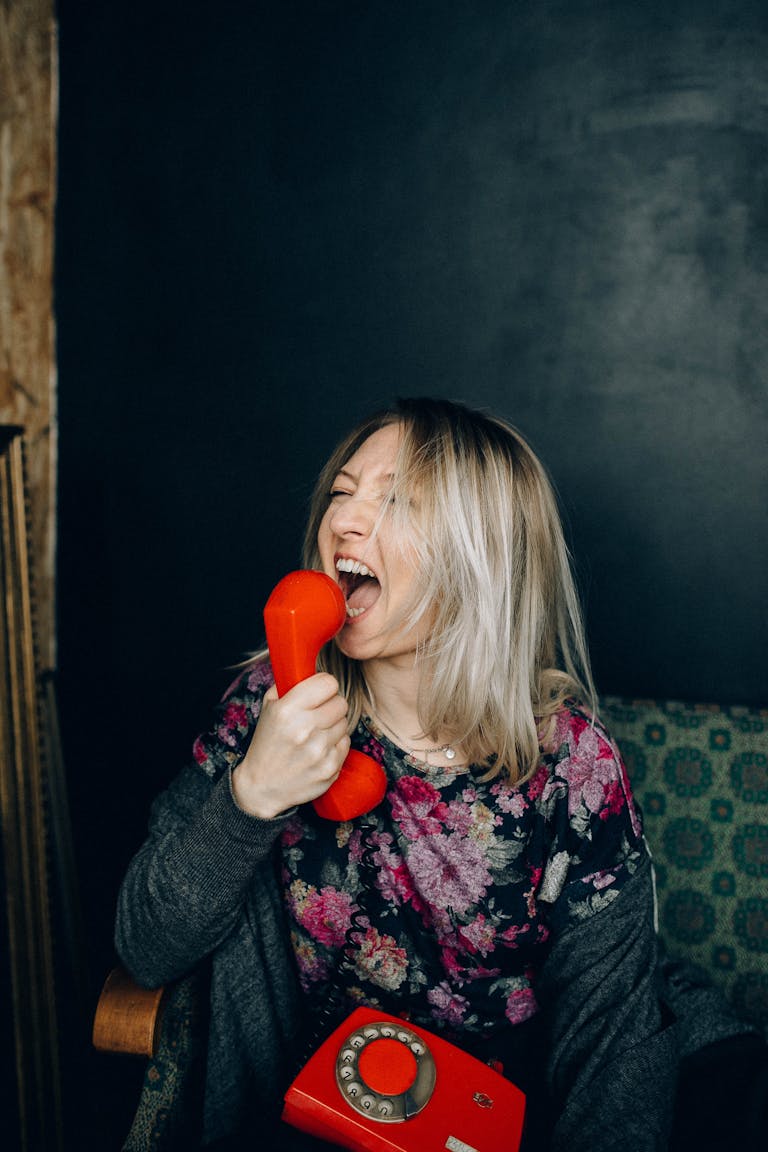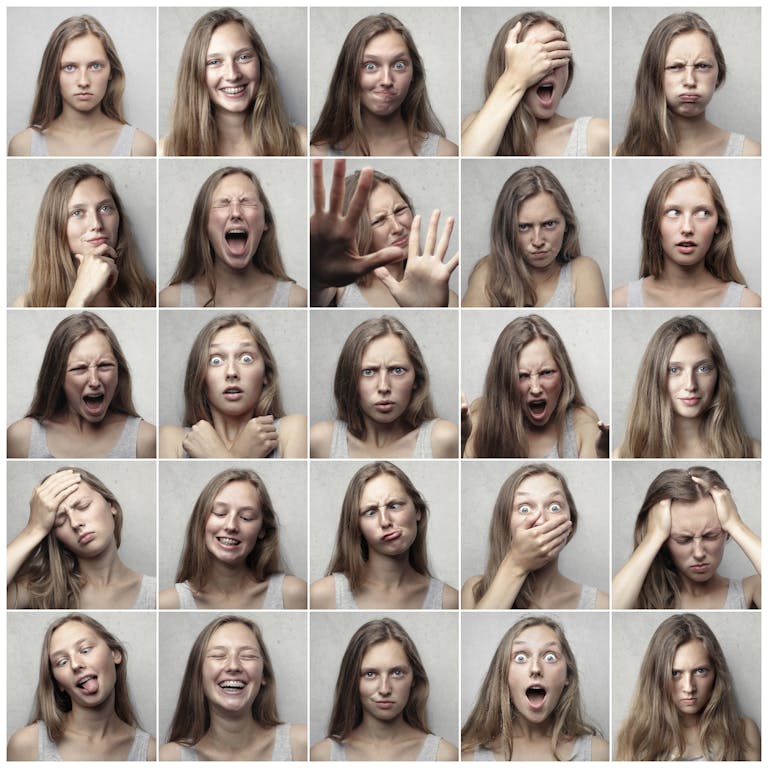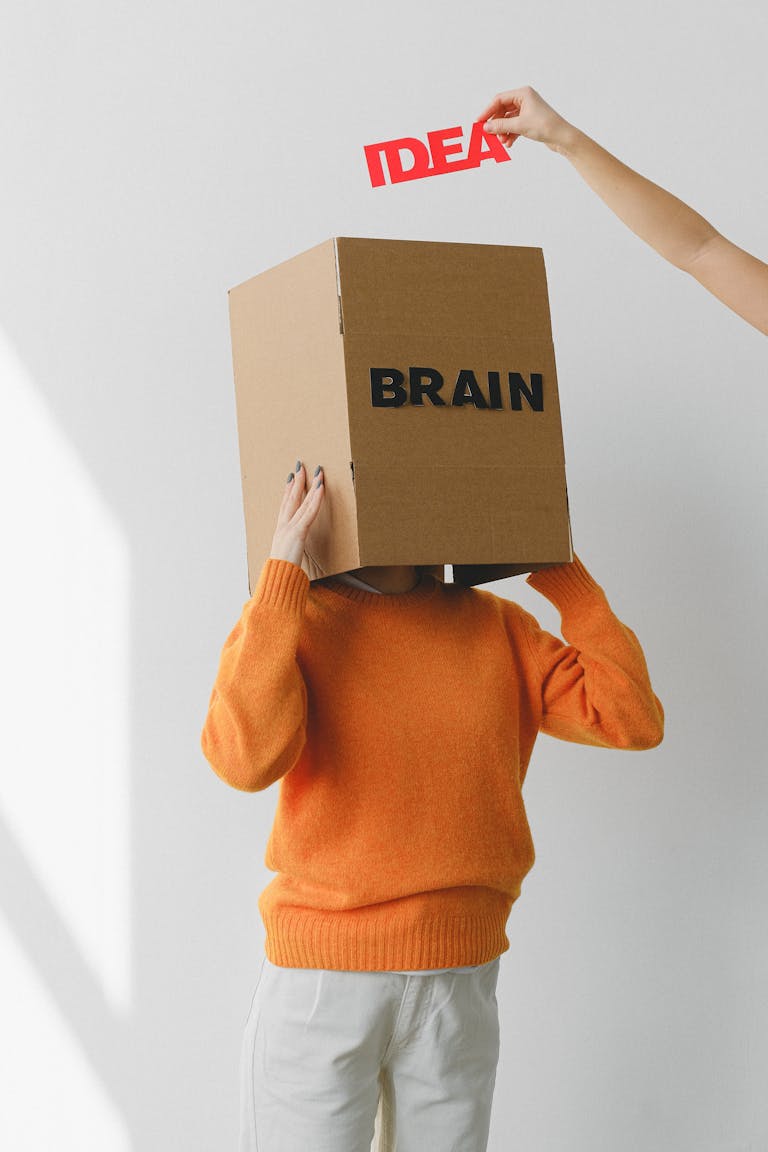The Impact of Sleep on Mental Health: 7 Strategies for Better Sleep Hygiene
Introduction
We frequently undervalue sleep in our fast-paced world. It does, however, have a significant effect on mental health. For emotional control, cognitive function, and general mental health, getting enough sleep is essential. This article examines the relationship between sleep and mental health, looks at the effects of getting too little sleep, and offers evidence-based strategies for better sleep hygiene.

The Connection Between Sleep and Mental Health
How Sleep Affects the Brain
Sleep is essential for proper brain function. It aids in building up memories, emotional experience processing, and cognitive function recovery. The brain goes through significant changes that impact stress levels and emotional stability when we sleep. Research has demonstrated that sleep disorders can make mental health conditions including bipolar disorder, anxiety, and depression worse (Walker, 2017).
The Bidirectional Relationship
Sleep and mental health are correlated in both directions. Sleep disruptions can be caused by mental health issues, and mental health illnesses can exacerbate and develop from poor sleep. For example, people who have insomnia have a higher risk of developing depression, and people who have depression frequently have irregular sleep patterns (Baglioni et al., 2011).
Consequences of Poor Sleep
Emotional Dysregulation
Sleep deprivation affects the brain’s capacity to control emotions. This may result in heightened stress reactions, mood fluctuations, and an increase in irritability. According to research, the amygdala, the part of the brain in charge of emotional reactions, is impacted by sleep deprivation and becomes more sensitive to unpleasant stimuli (Yoo et al., 2007).
Cognitive Impairment
Chronic sleep deprivation impairs memory, concentration, and decision-making abilities. It may result in issues with focus, decision-making, and memory. These cognitive deficits may make it more difficult to function normally and be productive (Killgore, 2010).
Increased Risk of Mental Health Disorders
Poor sleep is linked to a higher risk of developing mental health disorders. Insomnia, for example, significantly increases the risk of depression and anxiety. For instance, insomnia dramatically raises the risk of anxiety and despair. Furthermore, post-traumatic stress disorder (PTSD) and other anxiety-related disorders are more likely to manifest in people with sleep difficulties (Harvey et al., 2011).
7 Strategies for Better Sleep Hygiene
1. Maintain a Consistent Sleep Schedule
Maintaining a regular sleep and wake-up schedule aids in the regulation of your body’s internal clock. Maintaining consistency in your sleep-wake cycle can facilitate normal sleep and wakefulness cycles. According to research, having a consistent sleep schedule increases the quantity and quality of sleep overall (Wittmann et al., 2006).
2. Create a Relaxing Bedtime Routine
Your body may be told to wind down by developing a relaxing bedtime ritual. Better sleep can be achieved by engaging in relaxing activities like reading, having a warm bath, or practicing progressive muscle relaxation or deep breathing. Stay away from stimulating activities that can keep you from falling asleep, such as utilizing electronic gadgets (Chang et al., 2015).
3. Optimize Your Sleep Environment
The quality of your sleep is greatly influenced by the surroundings in which you sleep. Make sure your bedroom is peaceful, quiet, and cold. Purchasing pillows and a nice mattress might also have a big impact. To reduce disturbances, think about utilizing white noise machines, blackout curtains, or earplugs (Hirshkowitz et al., 2015).
4. Limit Exposure to Blue Light
Your circadian clock can be thrown off by blue light exposure from screens because it suppresses the generation of melatonin, a hormone that controls sleep. Reduce screen time at least an hour before bed to promote better sleep. Wear blue light-blocking eyewear at night or adjust your equipment to produce less blue light (Cajochen et al., 2011).
5. Be Mindful of Your Diet
Sleep quality can be impacted by what you eat and drink. Stay away from heavy meals, caffeine, and alcohol right before bed. Although alcohol may induce sleep at first, it might cause sleep disturbances in the later hours of the night. If you’re hungry right before bed, choose a little snack, and drink plenty of water all day (Peuhkuri et al., 2012).
6. Incorporate Physical Activity
Frequent exercise can lengthen and enhance the quality of sleep. Most days of the week, try to get in at least 30 minutes of moderate exercise; however, avoid intense exercise right before bed. Exercise can improve sleep quality by lowering stress and anxiety (Lang et al., 2016).
7. Manage Stress and Anxiety
Sleep disorders can result from long-term stress and anxiety. Enhancing the quality of sleep can be achieved by implementing stress-reduction strategies like mindfulness, meditation, and cognitive-behavioral therapy (CBT). According to Morin et al. (2006), CBT for insomnia (CBT-I) is a very successful treatment for persistent sleep issues.
Conclusion
The impact of sleep on mental health is undeniable. Emotional control, cognitive function, and general mental health all depend on getting enough sleep. You may enhance both the quality of your sleep and your mental health by comprehending the relationship between sleep and mental health and putting evidence-based sleep hygiene techniques into practice. Making sleep a priority is not just about feeling refreshed; it’s also essential to keeping your body and mind in good condition.
References
Baglioni, C., Battagliese, G., Feige, B., Spiegelhalder, K., Nissen, C., Voderholzer, U., … & Riemann, D. (2011). Insomnia as a predictor of depression: A meta-analytic evaluation of longitudinal epidemiological studies. Journal of Affective Disorders, 135(1-3), 10-19.
Cajochen, C., Frey, S., Anders, D., Späti, J., Bues, M., Pross, A., … & Stefani, O. (2011). Evening exposure to a light-emitting diodes (LED)-backlit computer screen affects circadian physiology and cognitive performance. Journal of Applied Physiology, 110(5), 1432-1438.
Chang, A. M., Aeschbach, D., Duffy, J. F., & Czeisler, C. A. (2015). Evening use of light-emitting eReaders negatively affects sleep, circadian timing, and next-morning alertness. Proceedings of the National Academy of Sciences, 112(4), 1232-1237.
Harvey, A. G., Murray, G., Chandler, R. A., & Soehner, A. (2011). Sleep disturbance as transdiagnostic: Consideration of neurobiological mechanisms. Clinical Psychology Review, 31(2), 225-235.
Hirshkowitz, M., Whiton, K., Albert, S. M., Alessi, C., Bruni, O., DonCarlos, L., … & Adams Hillard, P. J. (2015). National Sleep Foundation’s sleep time duration recommendations: Methodology and results summary. Sleep Health, 1(1), 40-43.
Killgore, W. D. S. (2010). Effects of sleep deprivation on cognition. Progress in Brain Research, 185, 105-129.
Lang, C., Kalak, N., Brand, S., Holsboer-Trachsler, E., & Pühse, U. (2016). The relationship between physical activity and sleep from mid adolescence to early adulthood. A systematic review of the literature, Sleep Medicine Reviews, 31, 85-92.
Morin, C. M., Culbert, J. P., & Schwartz, S. M. (2006). Nonpharmacologic interventions for insomnia: A meta-analysis of treatment efficacy. American Journal of Psychiatry, 153(10), 1361-1368.
Peuhkuri, K., Sihvola, N., & Korpela, R. (2012). Diet promotes sleep duration and quality. Nutrition Research, 32(5), 309-319.
Walker, M. (2017). Why We Sleep: Unlocking the Power of Sleep and Dreams. Scribner.
Wittmann, M., Dinich, J., Merrow, M., & Roenneberg, T. (2006). Social jetlag: Misalignment of biological and social time. Chronobiology International, 23(1-2), 497-509.
Yoo, S. S., Gujar, N., Hu, P., Jolesz, F. A., & Walker, M. P. (2007). The human emotional brain without sleep—a prefrontal amygdala disconnect. Current Biology, 17(20), R877-R878.






